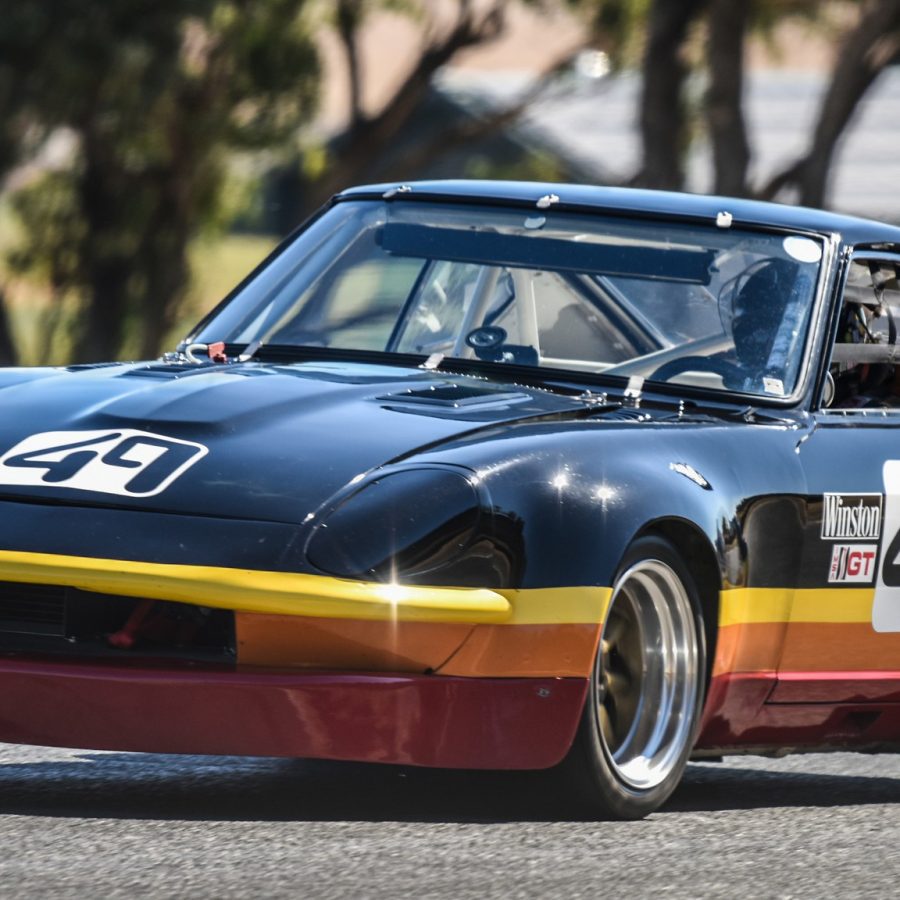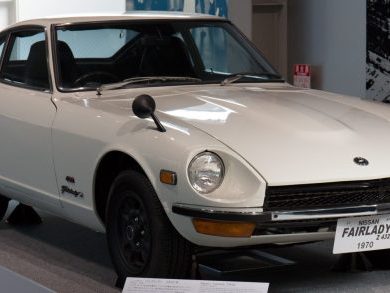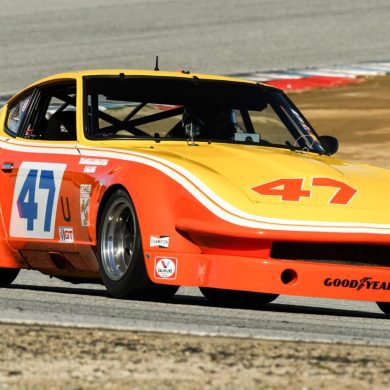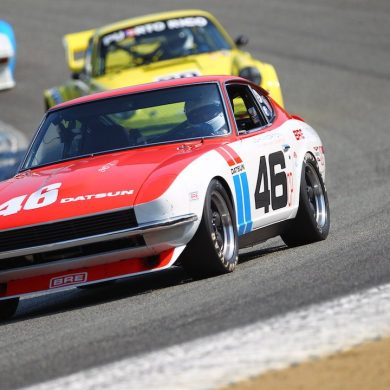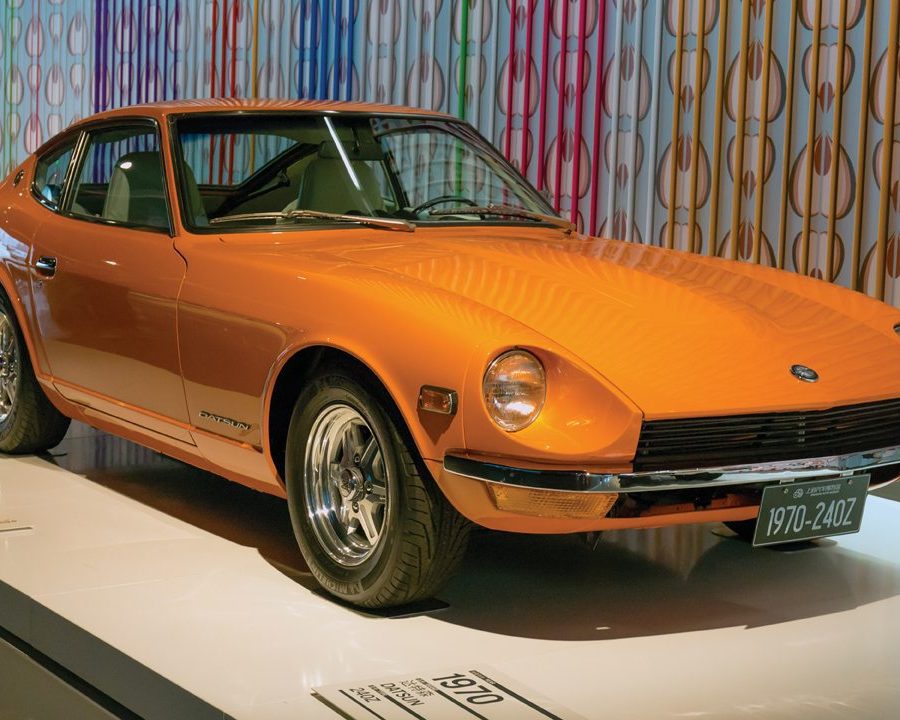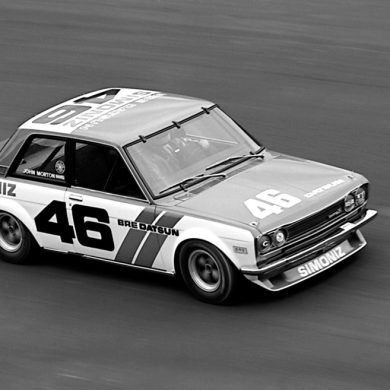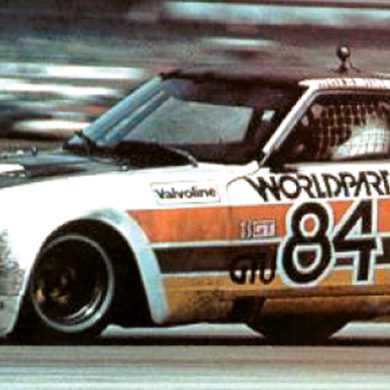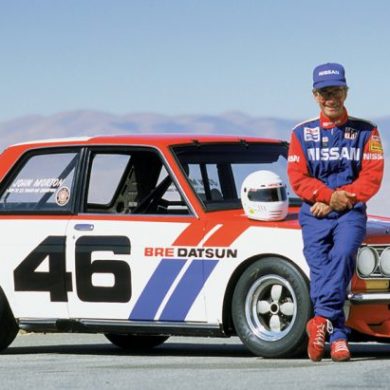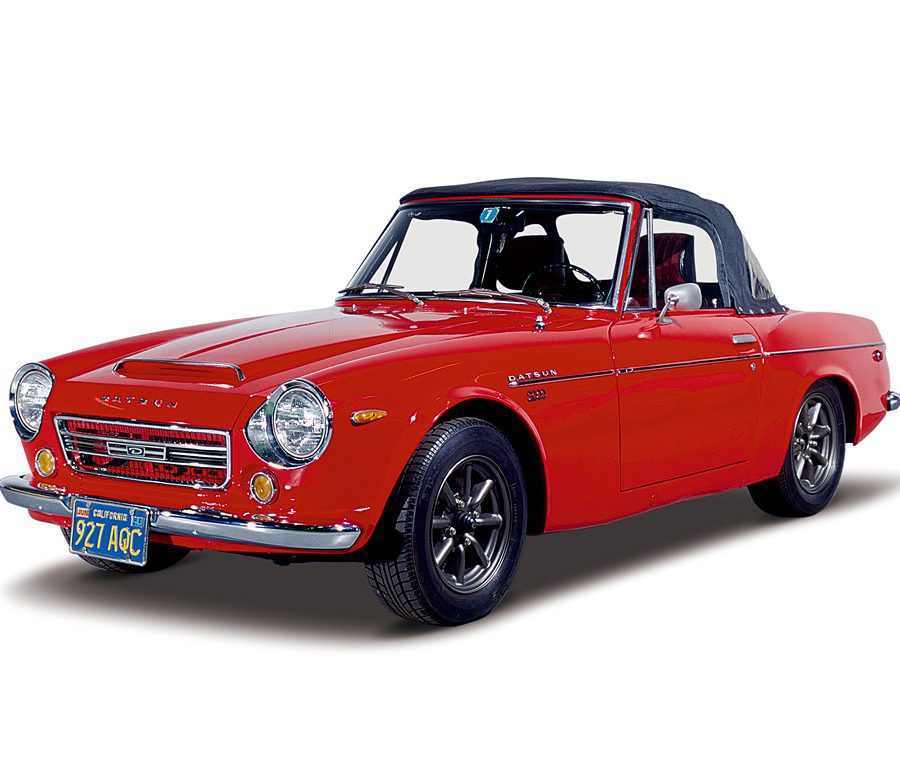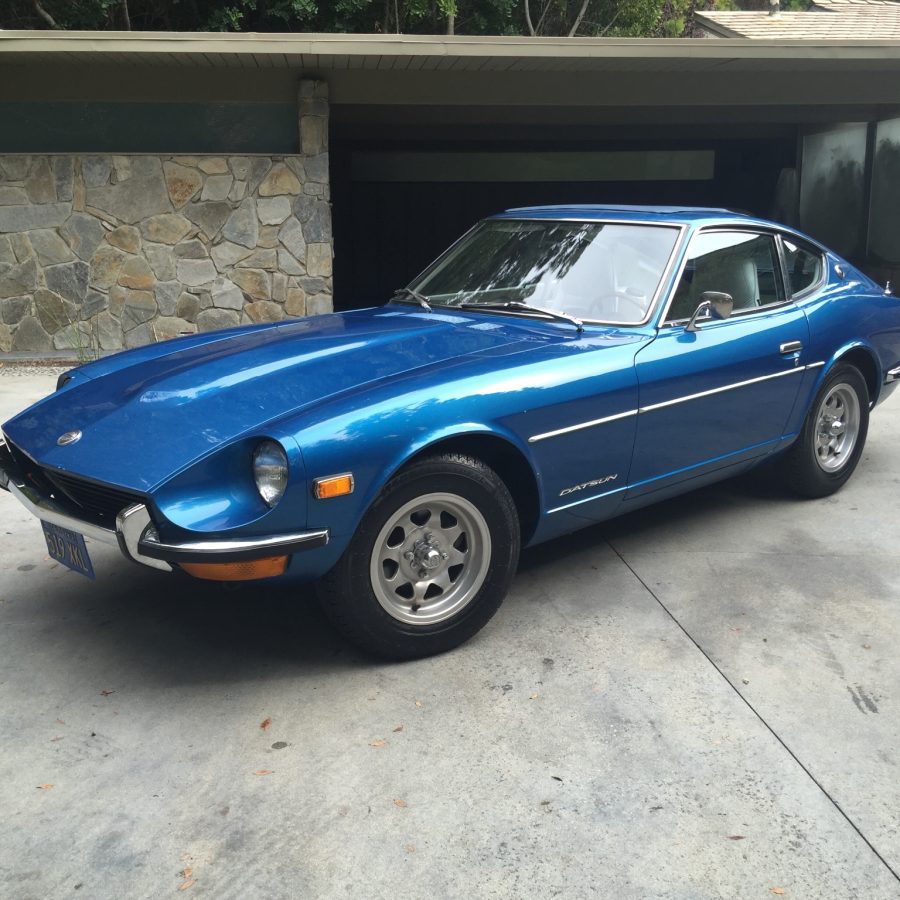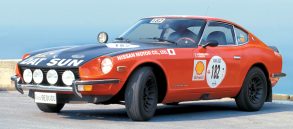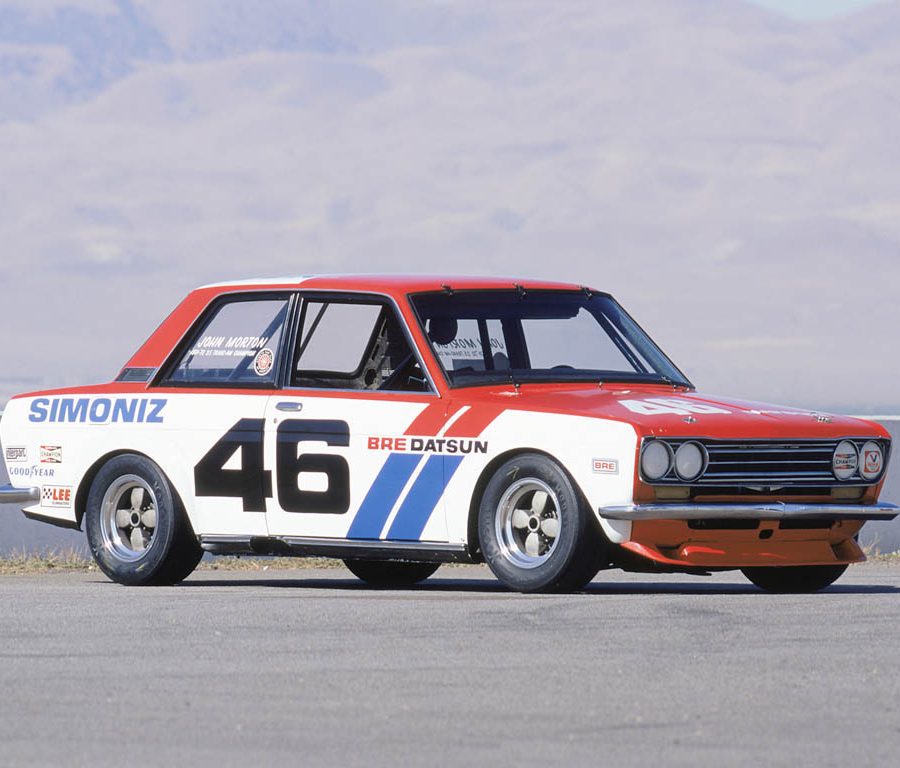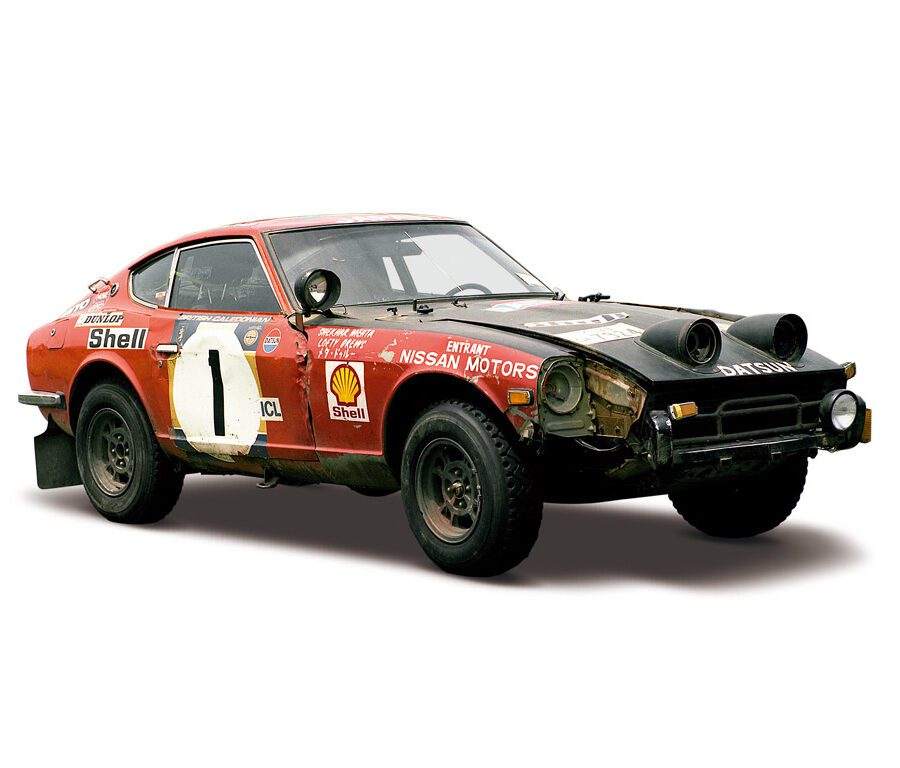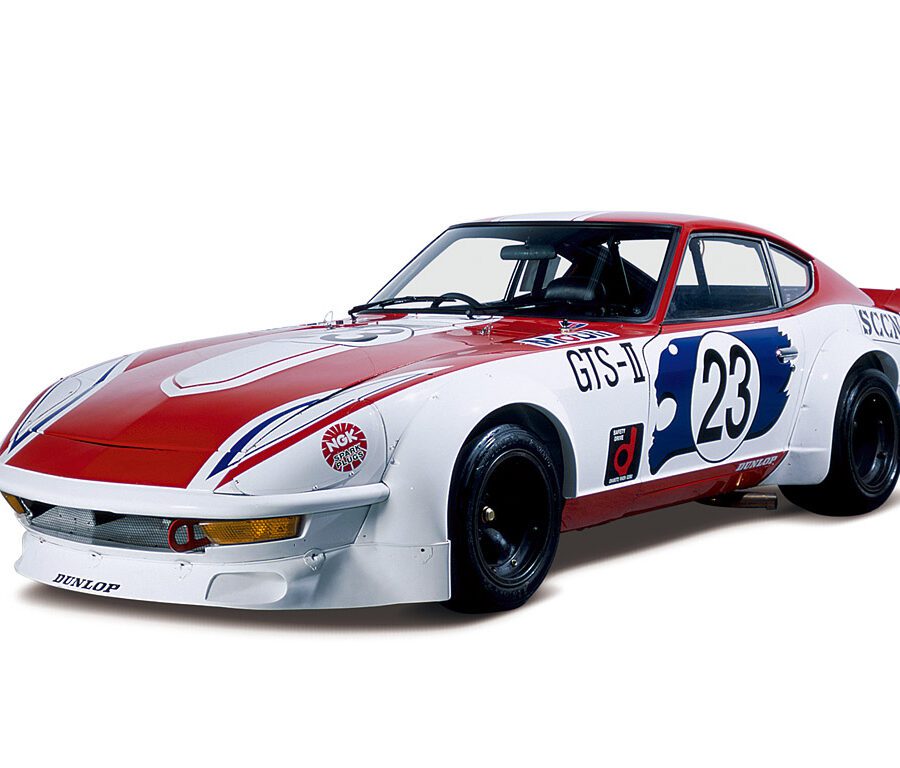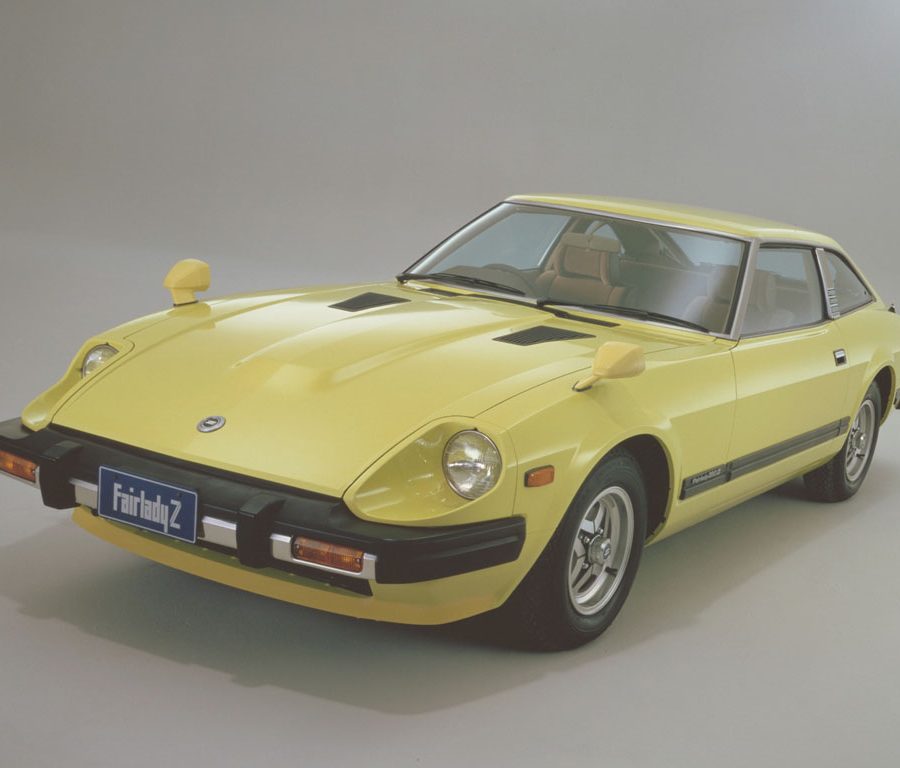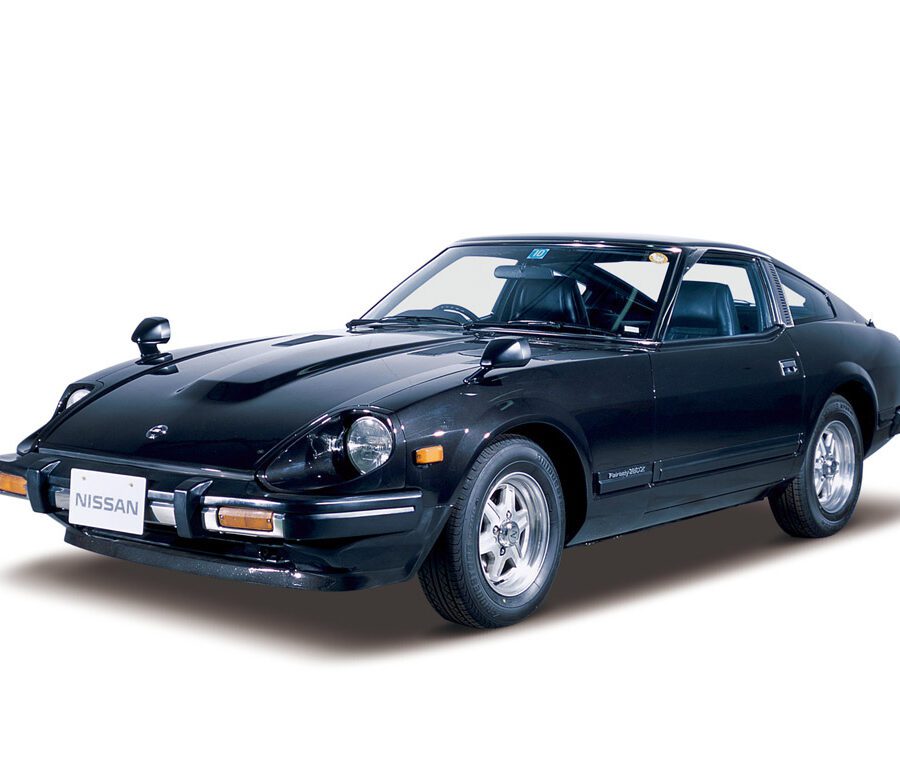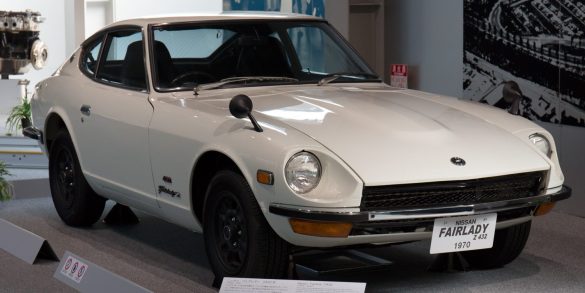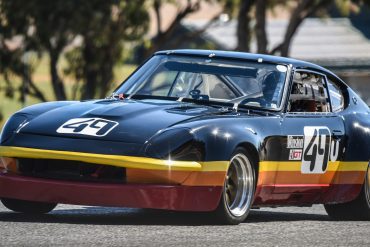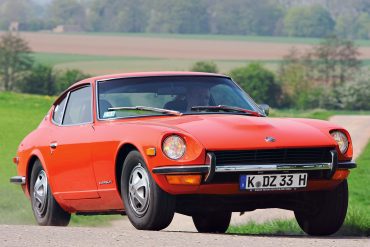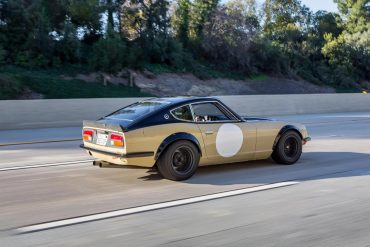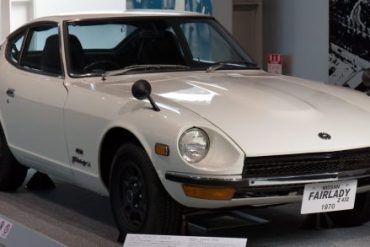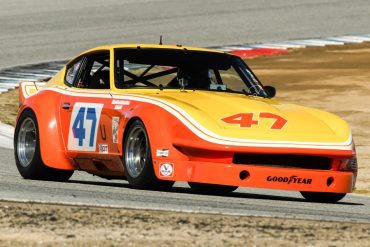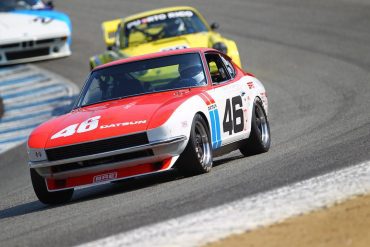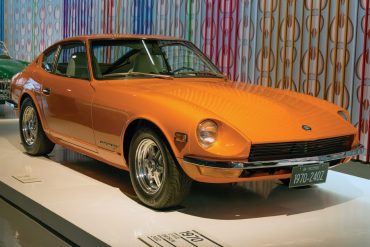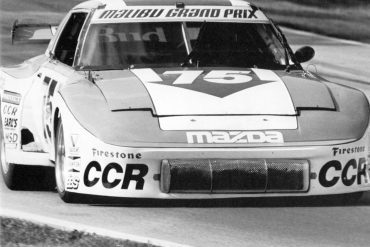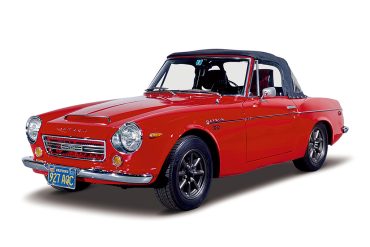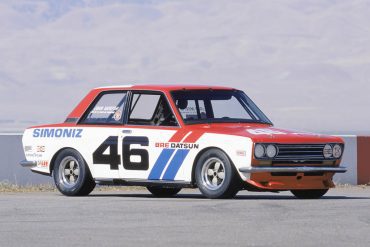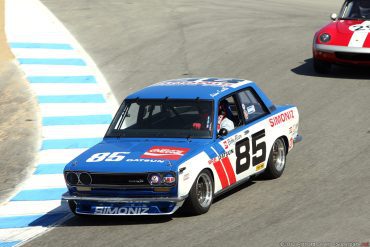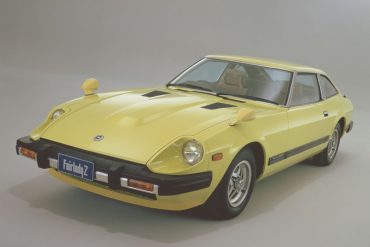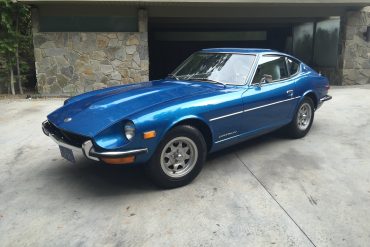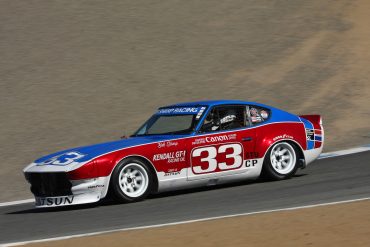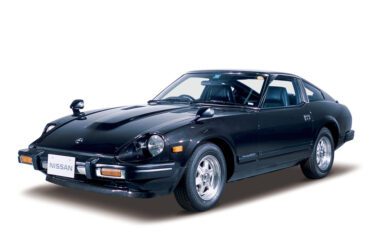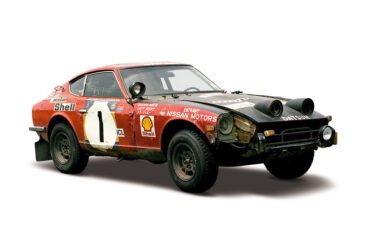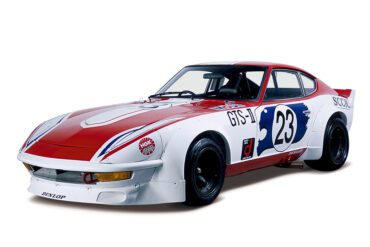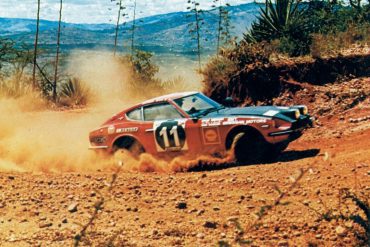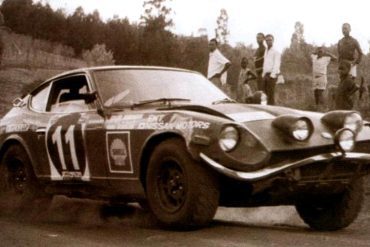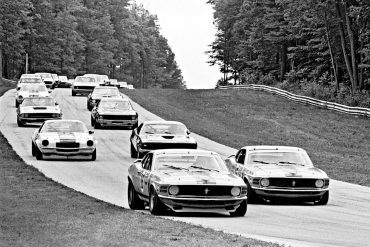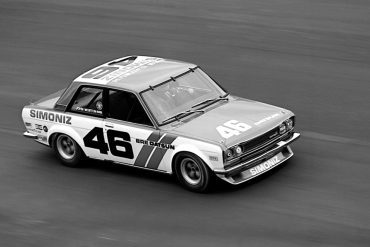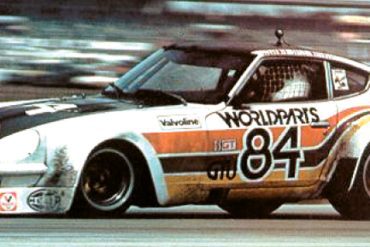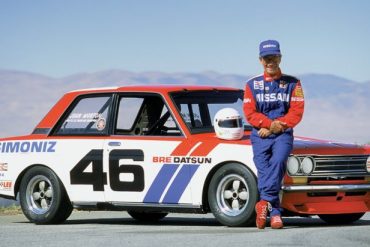
Datsun
Research, History, Reviews, Media & More
Introduction / Featured Stories / Model Guides / News & Updates
Datsun: Japan’s Pioneer in Affordable and Iconic Automobiles
Datsun is a car brand that holds a special place in automotive history, known for producing affordable, reliable vehicles and creating iconic sports cars that helped establish Japan’s automotive presence on the global stage. From its humble beginnings in the early 20th century to becoming a household name in the 1970s, Datsun left an indelible mark on the industry with its innovative approach to car manufacturing. This post explores the founding of Datsun, its evolution over the years, iconic models, and the milestones that defined the brand’s journey.
The Founding: A Journey from DAT to Datsun
Datsun’s roots trace back to 1911, when the Kaishinsha Motorcar Works was founded in Tokyo by Masujiro Hashimoto. In 1914, the company produced its first vehicle, the DAT car, named after the initials of the three key investors: Kenjiro Den, Rokuro Aoyama, and Meitaro Takeuchi. The company was later renamed DAT Motorcar Co., and for many years, it focused on producing trucks and commercial vehicles.
The Datsun brand emerged in the 1930s when DAT Motorcar Co. began manufacturing smaller, more affordable cars for the Japanese market. The name "Datson," meaning "Son of DAT," was initially chosen, but it was later changed to "Datsun" because "son" in Japanese could be interpreted as "loss," which wasn’t ideal for branding. By the mid-1930s, Datsun became the brand for Nissan Motor Co.’s small car division.
The Evolution of Datsun: From Local Success to Global Icon
Datsun’s journey from a domestic Japanese brand to a global automotive force is marked by several key developments and iconic models:
Early Growth and Export Expansion (1930s-1950s):
Datsun gained traction in Japan during the 1930s by producing small, affordable cars for a growing middle class. After World War II, the brand shifted its focus to rebuilding Japan’s economy, producing practical, economical cars that helped the nation recover.
In 1958, Datsun exported its first car to the United States, marking the beginning of its international expansion. Datsun cars, known for their reliability and affordability, quickly gained popularity in global markets, particularly in the U.S.
Datsun 510: The Affordable Performance Sedan (1968-1973):
The Datsun 510, introduced in 1968, became a game-changer for the brand. Known for its strong performance, excellent handling, and affordability, the 510 was often called the “poor man’s BMW.” It featured a 1.6-liter four-cylinder engine and an independent rear suspension, making it a hit with driving enthusiasts.
The 510 was also successful in motorsports, dominating the SCCA Trans-Am series in the U.S. and earning a loyal fan base. Its combination of practicality and sporty performance helped solidify Datsun’s reputation as a maker of high-quality, affordable cars.
The Datsun 240Z: Japan’s Sports Car Revolution (1969-1973):
One of the most iconic models in Datsun’s history is the 240Z, introduced in 1969. Designed to compete with European sports cars like the Jaguar E-Type and Porsche 911, the 240Z offered sleek styling, excellent performance, and affordability, making it accessible to a wide range of buyers.
Powered by a 2.4-liter inline-six engine, the 240Z could reach speeds of up to 125 mph (200 km/h), offering thrilling performance at a fraction of the cost of its European rivals. The 240Z became a global sensation, particularly in the U.S., where it helped establish Datsun as a serious player in the sports car market. It also sparked the long-lasting “Z-car” lineage that continues to this day.
Datsun in Motorsports: Dominating the Rally and Racing Circuits (1960s-1980s):
Datsun’s presence in motorsports was a crucial part of its brand identity. The Datsun 240Z competed in the East African Safari Rally, winning the grueling event in 1971 and 1973. These victories showcased the car’s durability and performance, earning respect for Datsun in the racing community.
The Datsun 510 also saw success in racing, particularly in the U.S. Trans-Am series, where it went head-to-head with larger, more powerful American muscle cars. These motorsports victories helped elevate the brand’s image and attracted enthusiasts to Datsun’s performance-oriented cars.
The “Datsun Saves” Campaign and the Oil Crisis (1970s):
In the 1970s, the global oil crisis prompted consumers to look for more fuel-efficient vehicles. Datsun capitalized on this shift in the market with the “Datsun Saves” marketing campaign, highlighting the brand’s small, economical cars that offered excellent fuel efficiency.
The campaign was a major success, and Datsun became one of the top-selling Japanese brands in the U.S., with models like the Datsun B210 and 510 becoming popular choices for budget-conscious drivers.
The Rebranding to Nissan (1980s):
By the early 1980s, Nissan began phasing out the Datsun name in favor of its corporate brand, Nissan, to create a unified global presence. The rebranding campaign, which lasted from 1981 to 1986, marked the end of the Datsun name for several decades.
Despite the rebranding, many of the cars that were originally sold as Datsuns continued to carry the same spirit of innovation and performance that defined the brand’s legacy.
The Revival of Datsun (2013-Present):
In 2013, Nissan revived the Datsun name to serve emerging markets such as India, Indonesia, and Russia. This revival was aimed at offering affordable, modern cars for customers in these regions. The new Datsun models, such as the Datsun GO and Datsun redi-GO, focused on practicality, efficiency, and value, echoing the brand’s original ethos of delivering affordable transportation.
Special Milestones and Achievements
Throughout its history, Datsun achieved several significant milestones and made lasting contributions to the automotive world:
Affordable Sports Cars with the 240Z: The 240Z redefined what a sports car could be by offering performance, style, and affordability. It became one of the most successful sports cars of the 1970s, and its legacy lives on in today’s Nissan Z series.
Successful Export to the U.S.: Datsun became one of the first Japanese car brands to gain widespread popularity in the U.S., thanks to its well-built, affordable models. By the 1970s, Datsun was one of the top-selling foreign car brands in the country.
Racing Success: Datsun’s presence in motorsports, including rally racing and road racing, helped build its reputation as a performance brand. Victories in events like the East African Safari Rally and the SCCA Trans-Am series solidified Datsun’s image as a brand that could compete with the best in the world.
The Enduring Legacy of Datsun
Datsun’s legacy as a pioneer of affordable, reliable, and stylish cars continues to resonate in the automotive world. The brand’s ability to blend performance with practicality allowed it to establish a foothold in international markets, particularly in the United States. The Datsun 240Z remains an automotive icon, and the company’s success in motorsports further cemented its reputation as a force to be reckoned with.
Even after its rebranding to Nissan, the spirit of Datsun lives on through the “Z” series of sports cars and the brand’s emphasis on delivering value to consumers. With its recent revival, Datsun has once again shown its commitment to providing practical and affordable cars for the modern era.
Did You Know
Datsun's origins date back to 1911 with the founding of Kaishinsha Motorcar Works in Tokyo, which later became DAT Motorcar Co. The name "DAT" came from the initials of the three investors: Den, Aoyama, and Takeuchi.
The original name "Datson" meant "Son of DAT," symbolizing a smaller car following the original DAT models. However, the name was later changed to "Datsun" because "son" in Japanese means "loss," which wasn’t good for branding.
The Datsun 240Z, introduced in 1969, became one of the most iconic sports cars of the 1970s. Known for its sleek design, reliable performance, and affordability, the 240Z helped establish Datsun as a global brand and earned a loyal fanbase worldwide.


